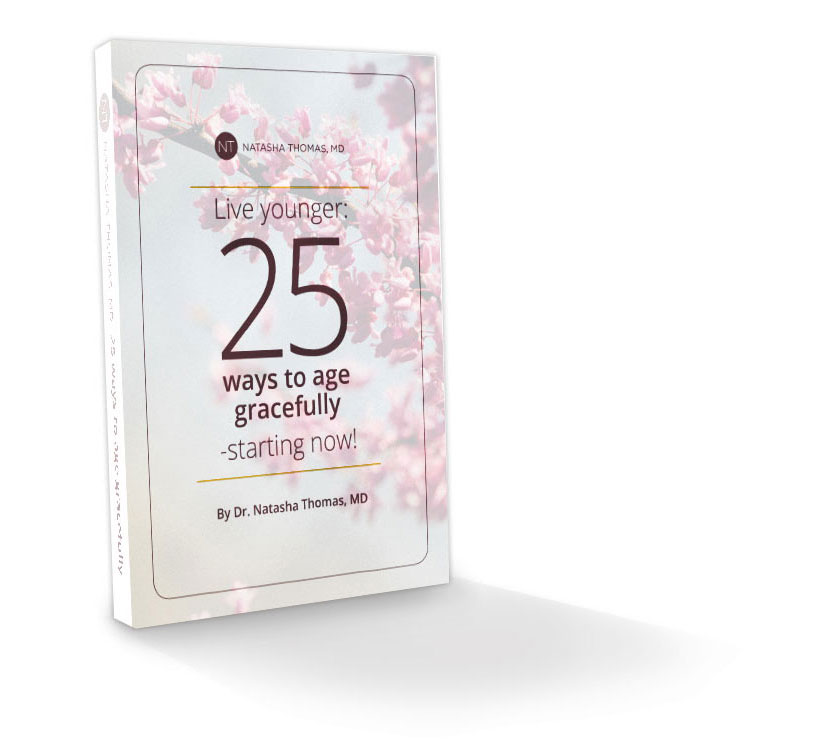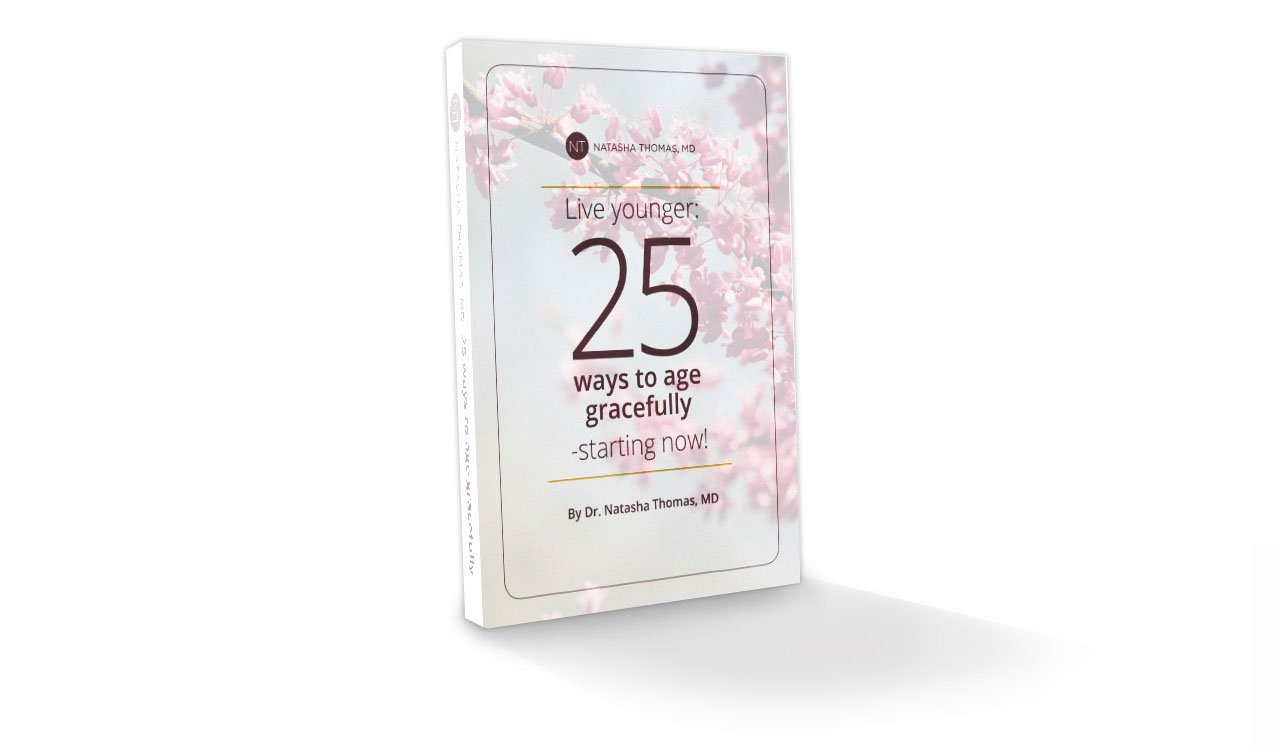Posted on: July 31, 2020
Many of us quickly turn to medication to combat negative thoughts, overcome physical pain, and stabilize our emotions, but what if you heard there was a simple (and free) solution to help improve these adversities?
What is mindfulness?
A new study has shown significant positive outcomes in practicing mindfulness! And you don’t even have to master it to start seeing significant improvement. Established first in the Buddhist tradition, mindfulness is a non-judgmental approach to your present experience, whether positive or negative.

It’s being intensely aware of what you’re feeling and sensing in the moment and allowing the experience to be exactly what it is, without avoiding or reacting. It can involve breathing methods, guided imagery, or more structured methods such as body scan, sitting, or walking meditation.
When you exert a lot of mental effort daydreaming, thinking negatively, or problem-solving real or made-up scenarios, the tried and true method of mindfulness will direct your attention away from those thoughts and help you engage in your present circumstances, lowering your stress, anxiety, and/or depression.
If you’ve never tried this approach, practicing even the very basics of mindfulness can help significantly improve:
- Depression
- Anxiety
- Addiction
- Chronic pain

Enjoying this article?
Subscribe + don’t miss the next one!
We’ll also send you our e-book: Live Younger 25 Ways to Age Gracefully—Starting Now.
Why do we need to regulate our emotions?
According to the study, emotional dysregulation is a core feature of the disorders listed above. Emotional dysregulation, often stemming from childhood trauma, prohibits your ability to control your emotions in distressful situations. Instead, your body is reacting emotionally and physiologically to the current situation because you are being triggered by a similar event that happened long ago. Mindfulness helps your body maintain emotional and physiological balance, despite the uncomfortable experience.

During the study, the participants were given two types of stimuli: negative vs. neutral images and painful vs. warm temperatures while their brains were studied. The findings showed that “momentary mindful acceptance regulates emotional intensity by changing initial appraisals of the affective significance of stimuli, which has consequences for clinical treatment of pain and emotion.” In other words, the practice of mindfulness brings the necessary relief to uncomfortable, even painful, situations in order for your body to find inner peace.
Try it today
Maybe you’ve been on the fence about this method because it just seems like too much effort for something so abstract. But when you consider the alternative—staying in a state of chronic pain, unmanaged stress, and/or overwhelming depression—maybe it’s worth a try? Mindfulness might be exactly the remedy you’ve always been looking for—and it’s free.
This article was originally published on ThomasSeashore.com.

